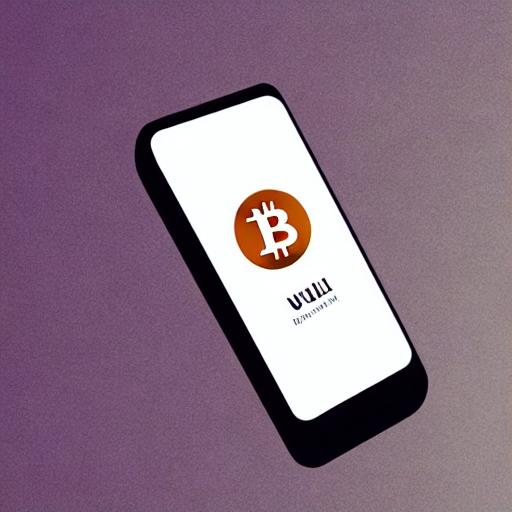Bitcoin is a digital currency that was created in 2009 by an unknown person using the alias Satoshi Nakamoto. Unlike traditional currencies issued by central banks, Bitcoin is decentralized and operates on a technology called blockchain. If you’re new to the world of cryptocurrency and wondering what Bitcoin is in simple terms, let’s break it down.
Imagine you have a dollar bill. You can physically hold it in your hand, and you can use it to buy things. Bitcoin, on the other hand, is entirely digital. It exists only in the form of computer code. Just like you have a bank account to store your dollars, you need a digital wallet to store your Bitcoin.

Bitcoin transactions are recorded on a public ledger called the blockchain. Instead of relying on a single authority, like a bank, to verify and confirm transactions, Bitcoin uses a network of computers (also known as nodes) that collectively maintain the blockchain. When a transaction occurs, it is added to a “block” and linked to the previous blocks, forming a chain of transactions. This decentralized system ensures transparency and immutability.
One of the biggest advantages of Bitcoin is that it allows for peer-to-peer transactions without the need for intermediaries, such as banks or financial institutions. You can send Bitcoin directly to someone else’s wallet anywhere in the world, without having to go through a third party. This makes transactions faster and cheaper compared to traditional methods.
Another interesting aspect of Bitcoin is its limited supply. Unlike fiat currencies that can be printed indefinitely, there will only ever be 21 million Bitcoins in existence. This scarcity, along with the increasing demand, has led to the volatile nature of Bitcoin’s price, making it a popular investment option for some.
Bitcoin also offers a degree of anonymity. While transactions on the blockchain are public, the identities of the parties involved are not always disclosed. Instead of using your real name, you can generate a unique alphanumeric address for each transaction, providing a certain level of pseudonymity.
It’s important to note that Bitcoin, like any other investment, carries its own set of risks. The price can fluctuate wildly, and there have been instances of hacking and theft in the cryptocurrency space. It’s crucial to educate yourself and take necessary precautions before diving into Bitcoin or any other cryptocurrency.
In conclusion, Bitcoin is a decentralized digital currency created using blockchain technology. It allows for direct peer-to-peer transfers without relying on intermediaries, and its limited supply adds to its value. While Bitcoin offers advantages like anonymity and global accessibility, it’s essential to be aware of the risks involved.
